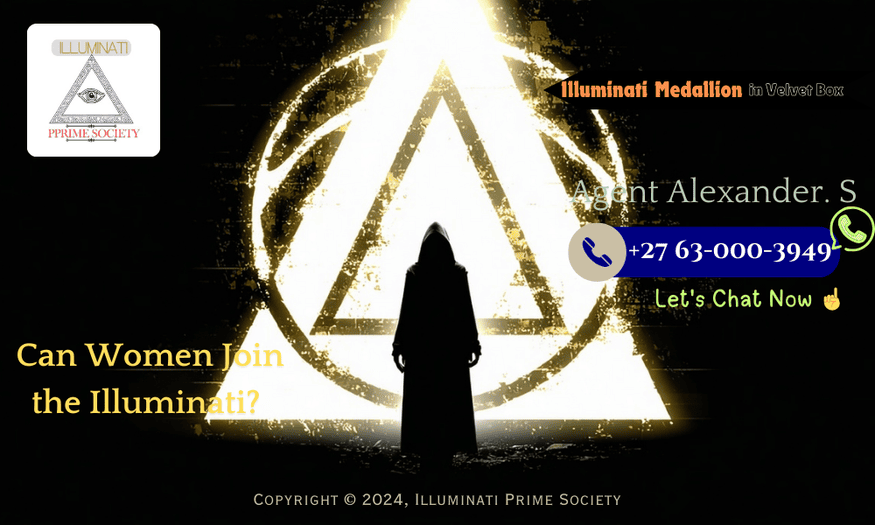Unveiling the secretive world of the Illuminati, this blog explores the role of women in breaking...
Can Women Join the Illuminati? Unveiling Gender Inclusion

Unveiling the secrets of gender inclusion within one of the most secretive organizations in history.
The Origins and Myths Surrounding the Illuminati
The Illuminati, often shrouded in mystery and conspiracy theories, was originally founded in 1776 by Adam Weishaupt in Bavaria. The organization aimed to promote Enlightenment ideals such as reason, secularism, and egalitarianism. Over the years, the Illuminati has been the subject of numerous myths and legends, ranging from world domination to occult practices.
Despite its secretive nature, the Illuminati has captured the public's imagination, leading to a plethora of theories and speculations about its members, goals, and influence. Understanding the origins and myths of the Illuminati is crucial for delving deeper into the question of gender roles within the organization.
Gender Roles in Secret Societies: A Historical Perspective
Historically, secret societies have often been male-dominated spaces. Organizations such as the Freemasons and the Knights Templar have traditionally excluded women from membership, reflecting broader societal norms that marginalized women in leadership and intellectual circles.
However, there have always been exceptions and evolutions within these secretive groups. Some societies have formed women-only branches or allowed women to participate in certain capacities. Understanding this historical context provides a backdrop for examining the role of women in the Illuminati.
Modern Illuminati and Gender Inclusion: What Has Changed?
In contemporary times, many secret societies, including the Illuminati, have evolved to become more inclusive. While concrete evidence about the current membership policies of the Illuminati is scarce due to its secretive nature, there are indications that the organization has adapted to modern views on gender equality.
The shift towards gender inclusion reflects broader societal changes and the recognition that diverse perspectives enrich any organization. This evolution raises the possibility that women could indeed be members of the modern Illuminati, contributing to its goals and activities.
Notable Women Alleged to be Part of the Illuminati
Over the years, several high-profile women have been rumored to be part of the Illuminati. These allegations often arise from their significant influence in various fields such as entertainment, politics, and business. Figures like Beyoncé, Madonna, and Rihanna have been linked to the Illuminati in popular culture, although these claims are largely speculative and unsubstantiated.
These rumors, while not verified, highlight the public's fascination with powerful women and their potential involvement in secretive organizations. The speculation also underscores the evolving narrative around gender roles within such groups.
Debunking Myths: What We Really Know About the Illuminati Today
The true nature of the Illuminati remains one of the most debated topics in modern conspiracy theories. While much of what is believed about the Illuminati is steeped in myth and speculation, there are a few verified facts about its origins and early activities.
As for its current state, the lack of concrete information fuels ongoing speculation. However, it is important to approach these claims critically and distinguish between credible sources and sensationalized stories. The question of whether women can join the Illuminati remains open, but the trends towards inclusivity in similar organizations suggest that it is a distinct possibility.
.png?width=100&height=100&name=Illuminati%20Prime%20Society%20Logo%20(1).png)


.jpg?height=200&name=Historical%20gathering%20of%20the%20Bavarian%20Illuminati%20in%20the%2018th%20century%20(1).jpg)